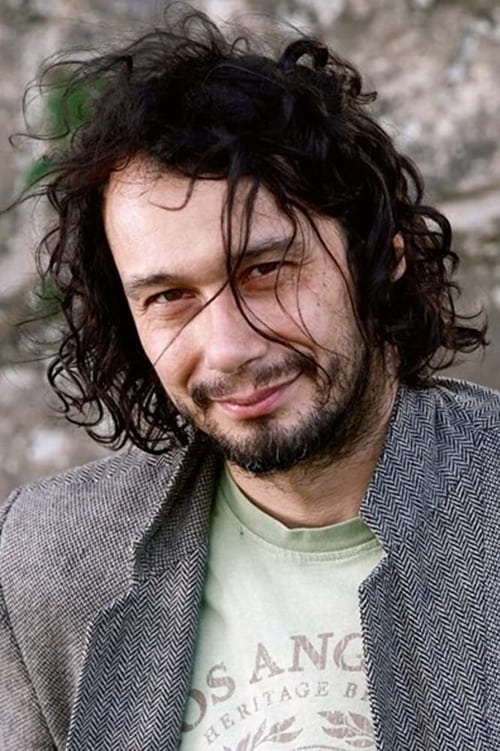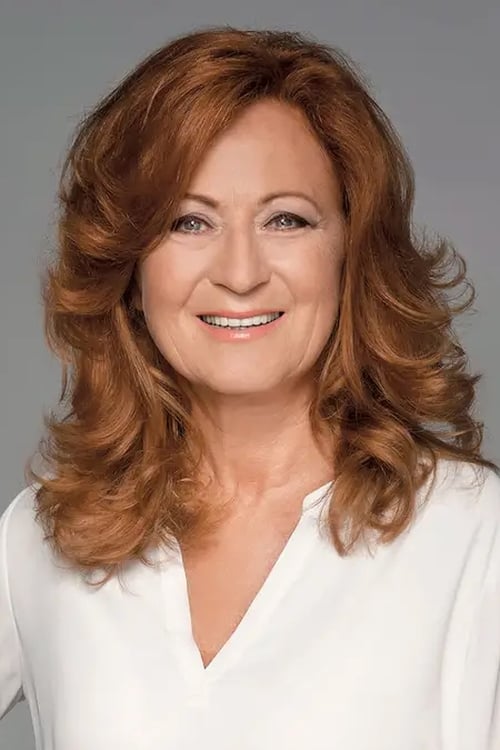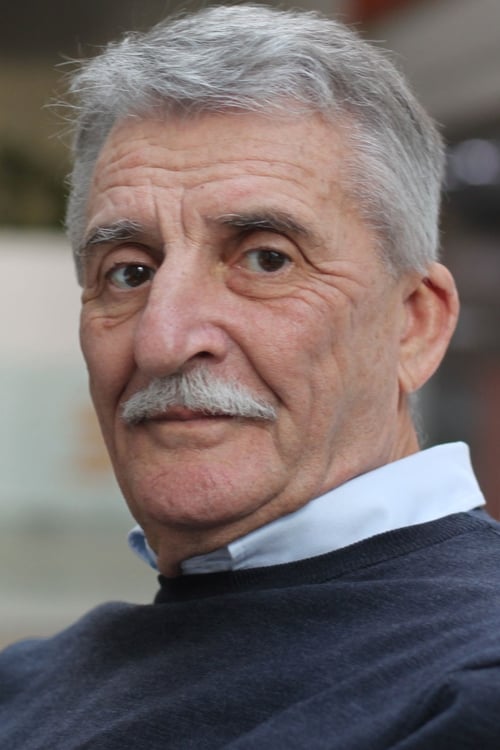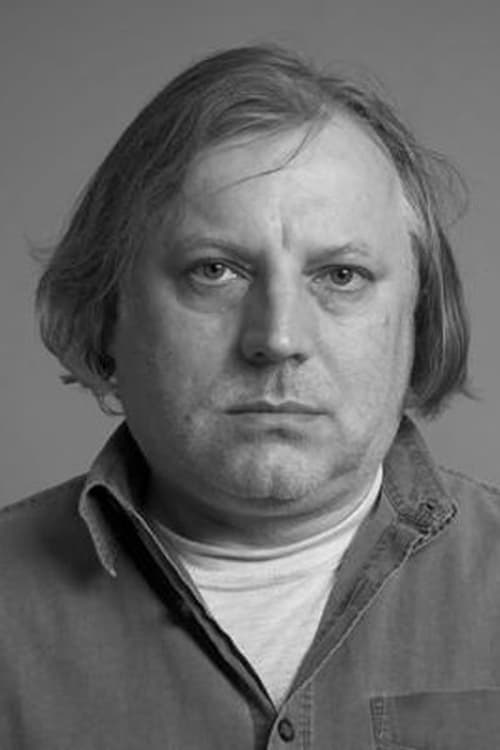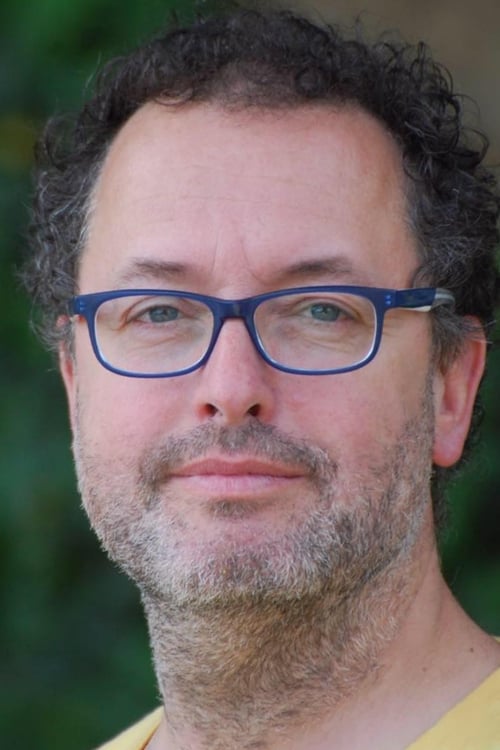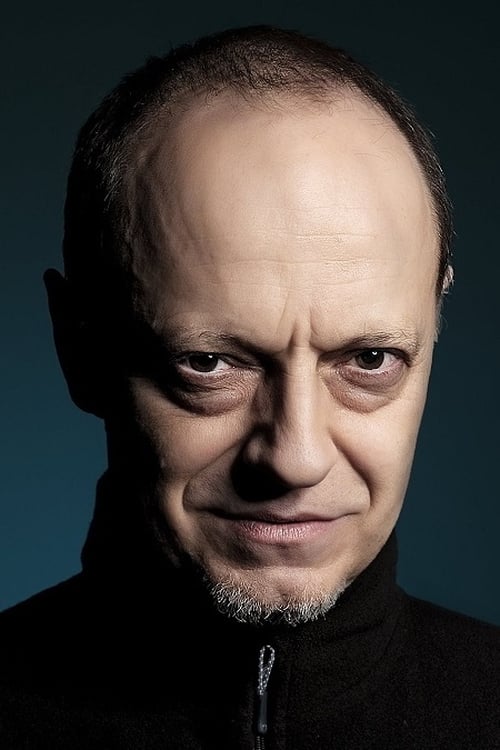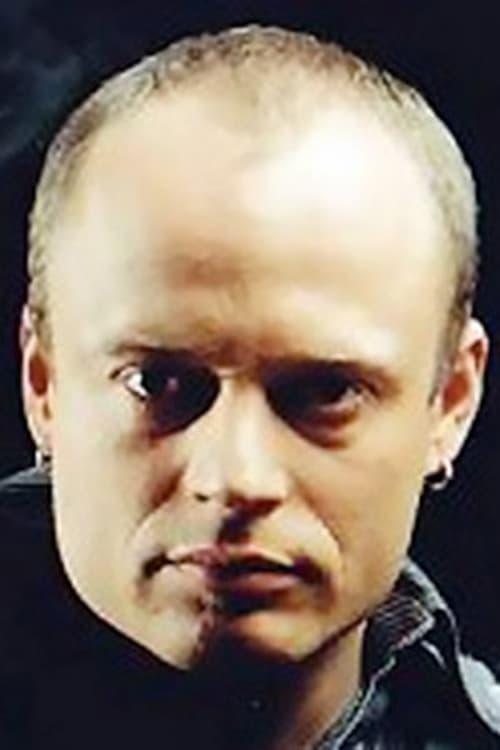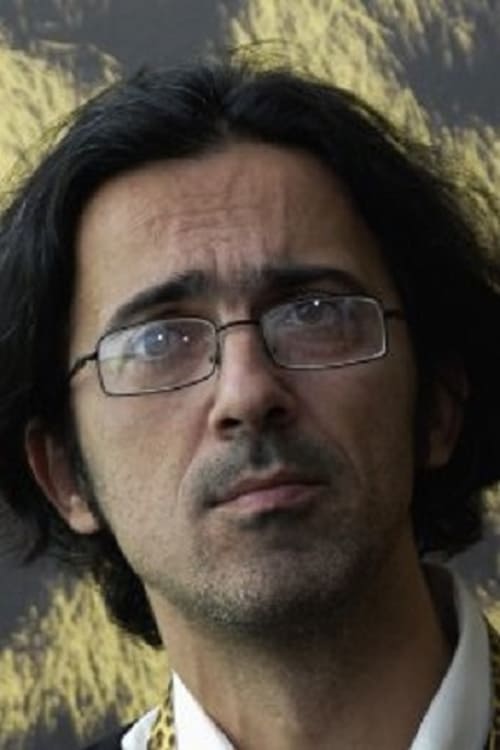Something Like Happiness (2005)
Genre : Drama
Runtime : 1H 42M
Director : Bohdan Sláma
Synopsis
Over the course of a year, in a small town scarred and beaten down by industrialization, Tonda and Monika, friends since childhood, come to experience what life might be like if they could be with one another – which they seemingly can't. Or can they?

LAW & ORDER surveys the wide range of work the police are asked to perform: enforcing the law, maintaining order, and providing general social services. The incidents shown illustrate how training, community expectations, socio-economic status of the subject, the threat of violence, and discretion affect police behavior.

An army pilot is visiting the home of another army pilot in a neighboring country, and falling in love with his sister, when war breaks out.
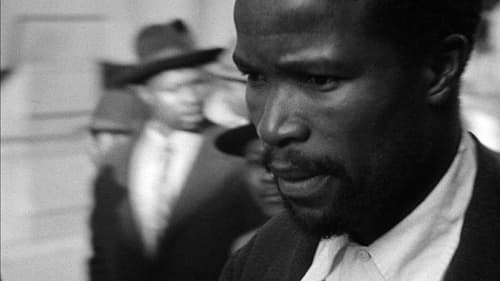
Come Back, Africa chronicles the life of Zachariah, a black South African living under the rule of the harsh apartheid government in 1959.

The problem of slum dwellings in the 1930s.

A brief look at Amazonas, its population, their costumes, the rich nature and its importance to Brazil and the world.

Divided into three sections, Bill Morrison's The Highwater Trilogy examines our relationship to the threat of natural disaster by combining archival footage of icebergs, hurricanes, and floods with a soundtrack by David Lang and Michael Gordon.

After seeing that Nelson kisses his lover, Barlow poisons him. But it turns out that Nelson comes back to life when he was about to be buried. From that moment, Barlow does not stop chasing him to finish his work.
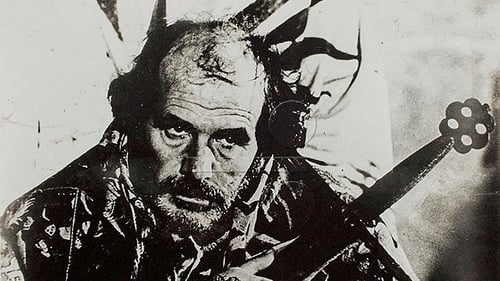
In a castle, somewhere in the Thirld World, Diaz is delirious, dreaming of the power he had in Eldorado, while oppressing the indians, workers and peasants. He is well aware of the menace his old victims represent, while a miracle-making shepherd fascinates and frightens him. Diaz finds a countrywoman, symbol of purity, and prepares a ceremony in his castle resembling his own funeral. - IMDb

The real story of Quilombo Olho d'Água from Serra do Talhado, in the state of Paraíba, Brazil, which became institutionally isolated from the rest of the country. Quilombos were runaway slave communities in colonial Brazil.
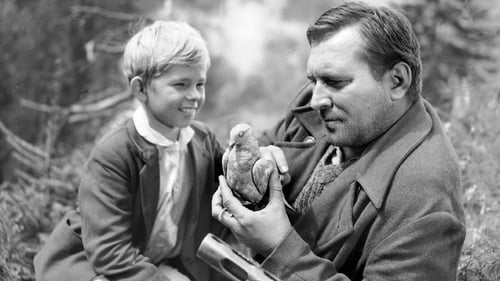
An unusual children's film set during World War II in Czechoslovakia, this compelling drama unfolds five different segments that present the war through the eyes of three youngsters. The three have a series of adventures which include saving a soldier from being captured by the Germans, helping out the resistance fighters, and meeting up with a young Russian woman trained in guerrilla warfare. As they learn more about life and danger, various circumstances constantly recall the reality of war itself. The title comes from a wounded pigeon under the care of one of the youngsters.

Santamaria and Urtigo are two bandits on the run, one is white, the other black. Santamaria is a mystical visionary and believes in the imminent coming of a purifying angel. Urtiga, his inseparable companion, is a simple-minded and ingenious man who follows Santamaria around and participates in the crimes he commits. The two bandits take over a house after kidnapping its owner and his girlfriend.

This documentary chronicles an Yves Montand concert for Chilean refugees in France.

A documentary covering the years Luis Buñuel spent in Mexico making films.
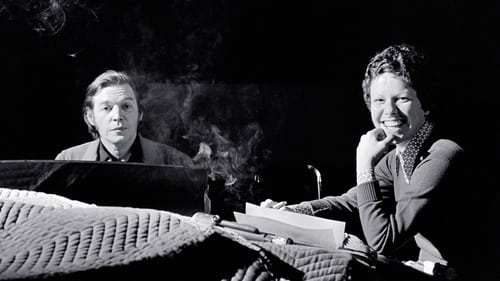
Half a century ago, Brazilian composer and musician Antonio Carlos "Tom" Jobim (1927-1994) introduced bossa nova to a worldwide audience with "The Girl from Ipanema." This relaxed, cool, sensuous music blended jazz and samba. After recording an album of songs by his friend Jobim, Frank Sinatra is reported to have said, "I haven't sung so quietly since I had laryngitis." Naturally, "The Girl from Ipanema" and Frank Sinatra are featured in this musical collage of countless seamlessly edited excerpts of concert footage that cover decades of events all over the world: from Rio de Janeiro to Lisbon, Paris, Copenhagen, Jerusalem, Tokyo, Montreal, New York and back to Rio.

38 years after the events in the Luis Buñuel classic Belle du jour, Henri Husson thinks he sees Séverine one night at a concert. He follows her and makes her face her past and then takes a slow revenge on her.
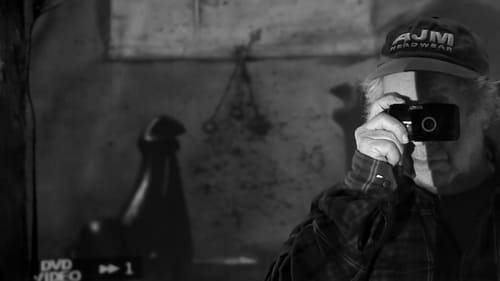
The life and work of Robert Frank—as a photographer and a filmmaker—are so intertwined that they're one in the same, and the vast amount of territory he's covered, from The Americans in 1958 up to the present, is intimately registered in his now-formidable body of artistic gestures. From the early '90s on, Frank has been making his films and videos with the brilliant editor Laura Israel, who has helped him to keep things homemade and preserve the illuminating spark of first contact between camera and people/places. Don't Blink is Israel's like-minded portrait of her friend and collaborator, a lively rummage sale of images and sounds and recollected passages and unfathomable losses and friendships that leaves us a fast and fleeting imprint of the life of the Swiss-born man who reinvented himself the American way, and is still standing on ground of his own making at the age of 90.

This is a montage of different images from the JFK, Martin Luther King and Bobby Kennedy triumphs and assassinations, all three events being observed by Lyndon Johnson as the dark figure who is plotting the anti-black rights movement.

In a freshwater pond, it's "eat or be eaten." A dragonfly larva eats a midge; a water beetle larva eats a damselfly larva. Snail larvae grow. A beetle larva eats one. Up close, we see the eating apparatus of a damselfly larva—with a retractable hook beneath mandibles. Some creatures bite and chew, others suck. A water beetle larva holds on to its prey, injects a poison that turns the victim's insides to soup, and then sucks it dry. We watch one eat a damselfly larvae and then another water beetle larva. Some have ingenious ways to camouflage themselves, like the water scorpion, and to breathe air while hunting under water. Caddisfly larvae hide in debris, then eat.

On February 26, 1920, Robert Wiene's world-famous film The Cabinet of Dr. Caligari premiered at the Marmorhaus in Berlin. To this day, it is considered a manifesto of German expressionism; a legend of cinema and a key work to understand the nature of the Weimar Republic and the constant political turmoil in which a divided society lived after the end of the First World War.

In 1966 I came up upon a book of Meher Baba, the Indian guru/scientist, in which he said that there are three great holy places in Europe: Avila, Assisi, and Fatima. In 1967, I decided to visit Avila where I had an enlightening experience. This is a filmed record of my visit to Avila, with my voice telling how I felt there and what happened (especially with the little dogs).


